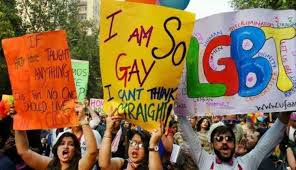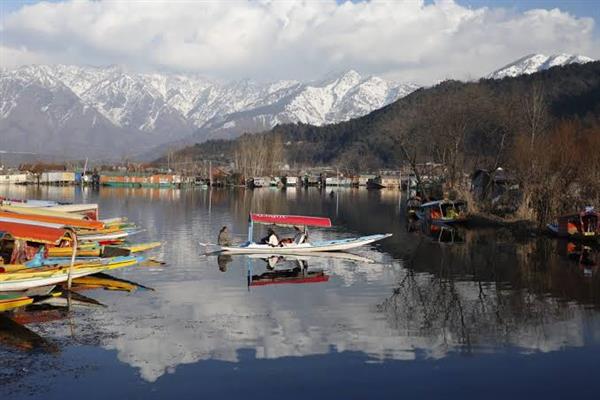Though yesterday’s Supreme Court judgment partly struck down Section 377 of the Indian Penal Code (IPC) and legalised consensual gay sex, the LGBT+ community in Jammu and Kashmir remains deprived of its benefits.
The IPC does not automatically extend to Jammu and Kashmir as the state is governed by its separate constitution and a separate penal code: the Ranbir Penal Code (RPC).
The RPC was framed during British rule and is on the lines of the IPC. Though Section 377 stands diluted after the Supreme Court order, the RPC still criminalises sex against the order of the nature.
In that case, there are two options to ensure that the amended law with respect to Section 377 is also extended to Jammu and Kashmir.
According to the rules, the Jammu and Kashmir Assembly frames a law and sends it to the state governor for approval. The governor, in return, forwards it to the President of India for the final nod.
As Jammu and Kashmir is under Governor’s Rule, the state Assembly cannot frame any law. In that case, Governor Satya Pal Malik may send a recommendation to the president.
Alternatively, as the RPC with regard to sexual orientation has not been challenged, a PIL needs to be filed either in the Jammu and Kashmir High Court or the Supreme Court.
With any of these two routes, Jammu and Kashmir can think of having a law similar to the one in the rest of the country on sexual orientation.
However, in view of the subdued response to the law due to the religious and political conditions in the state, it is unlikely that the LGBTQIA community would gather the courage and the numbers to challenge it.
Why gay sex order of Supreme Court is not applicable to J&K






